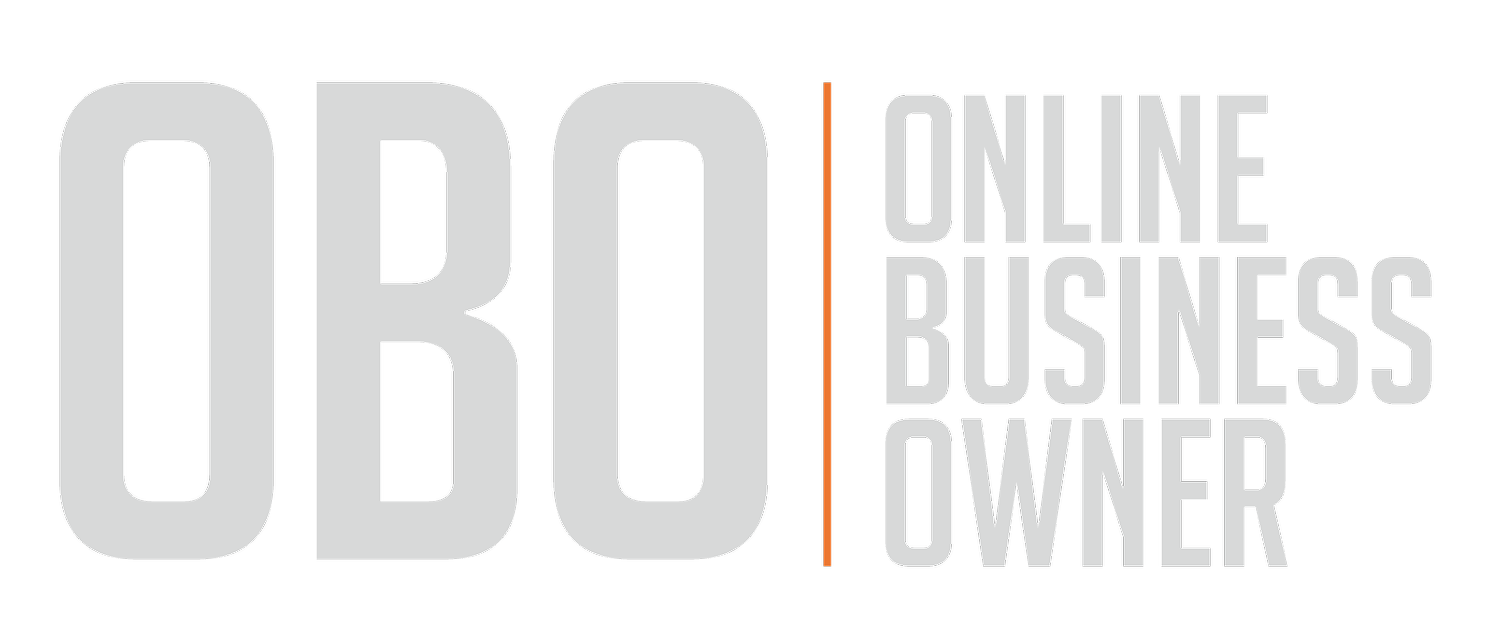How To Know Exactly What To Charge As A Coach
Written by: Jason Moss • April 12, 2023
Image Source: https://unsplash.com/@jupp
One of the most common questions coaches ask is… How much should I charge for what I do?
Truth is, there’s a lot of conflicting information out there when it comes to setting your rates.
And if you’re a coach trying to figure this out, it’s normal to feel confused.
Don’t worry, it doesn’t have to feel overwhelming…
In most cases, all you need are a few mindset shifts to confidently charge what you're worth and hone in on the exact rates you should offer.
The Mindset Behind Setting Your Rates
I see so many coaches undercharging, leaving thousands every month on the table…
Usually, they don’t have the right mindset when it comes to pricing their offers or how to think about selling coaching.
This doesn’t have to be you.
Here’s how the most successful coaches think about setting their rates…
Mindset Key #1 — The Time Myth
When it comes to pricing your offers, the first and most important thing to realize is…
You're not selling your time.
If you come from the corporate world, you were probably taught to think about time and money as related. After all, in most jobs, you trade hours for a salary.
If you work longer, you get paid overtime.
If you’re a freelancer, you usually charge per hour.
Given these experiences, it’s normal to think about your value as a coach in terms of time delivered… But the truth is, your ideal clients don’t care about your time.
That’s not what they’re buying.
If you’re a relationship coach, you’re not selling weekly coaching sessions… You’re selling a more intimate, connected marriage.
If you’re a business coach, you’re not selling Q&A calls… You’re selling a 2 - 4x increase in someone’s revenue.
What you’re really selling isn't time...
But a specific and tangible result or outcome.
Your ideal clients don’t care how much time it takes you to deliver this. In fact, if you could deliver the result they want in LESS time, they’d probably be thrilled.
Once you start to think about what you do like this—in terms of outcomes and results delivered instead of time spent—you begin to think in line with how your ideal clients see what you do.
That changes everything when it comes to pricing.
Mindset Key #2 — Pricing as a “Give”
There’s one simple reason anyone buys anything—whether it’s coaching, a new car, a box of cereal, etc…
They feel like they’re getting more than they’re being asked to give.
As a coach, your offer creates the possibility for someone to trade something less valuable (their money, which is sitting in a bank account and is inherently useless)…
For something more valuable (the result or outcome you offer them through your coaching).
People won’t buy from you unless they feel that what you’re asking from them is LESS valuable than what they’re going to get in return.
When people invest thousands of dollars into my coaching programs, they do so for one simple reason… Because they know they’ll get the tools they need to make 10x, 100x, or 1000x that investment back.
If that wasn’t the case, I’d have to change my pricing to better reflect the value I provide…
The takeaway here is clear…
The right price should always feel like a “give” in the mind of your ideal clients.
This is true whatever it is you help your clients achieve—whether it centers around making them more money or not—because the constant is always the same… they need to feel like they’re getting more than they give.
Mindset Key #3 — Pricing is a Commitment
Did you know the average completion rate for online courses is less than 15%?
Given that the average course costs less than a few hundred dollars, it’s no surprise that most people don’t show up and do the work.
If you’re selling a $200 course, you’re going to get a $200 level of commitment from your clients … So don’t be surprised if people don’t show up.
On the flip side, if you decide to offer a higher-ticket package at $5,000+ it means if someone says yes, they’re more likely to show up, do the work, and commit to the process. Why?
Because they’ve got more skin in the game.
All that said, the most successful coaches don’t just set their rates to ensure they get compensated fairly…they also set them to create a high level of commitment in the minds of their clients…
To create the conditions to ensure their clients show up fully and ultimately succeed.
Mindset Key #4 — Pricing For The Business You Want
When it comes to pricing, there’s a continuum on which you can play.
On one end, you have “low cost.” These are businesses that consciously choose to be the cheapest, and as a result, need a higher volume of customers to generate a profit.
Think Amazon, Walmart, et al—they make very little off each customer but have so many customers that they make up for that in terms of sheer volume.
If you’re primarily selling online courses or low-ticket programs priced below $500, this is where you’re choosing to play.
On the other end, you have premium pricing—high-ticket offers, 1-to-1 coaching—generally priced at several thousand dollars or more.
Businesses with high-end pricing require far fewer people to generate a profit, which means they typically have fewer customers.
There’s no right or wrong when it comes to where you choose to play on this continuum. But it is important to make a conscious choice about the kind of business you want to run.
Is reaching as many people as possible what’s most important to you? Do you prefer a business with more clients that you interact with in a more surface-level way? Then set your prices lower and go for higher volume.
On the flip side, do you prefer working with a smaller number of clients you know well, in a more intimate, personal, high-touch way? Then keep your prices high and go for fewer clients.
I built my first online coaching business with low-ticket courses priced between $100 - $300.
I was able to scale to six figures, but it took over 1,000 clients to get there.
After a while, I realized I wanted more intimacy, connection, and deeper relationships with the clients I served (who I almost never interacted with because I sold pre-recorded courses).
As a business coach today, I sell mostly high-ticket programs.
I make multiple six figures, but do it with a much smaller client base that I interact with on a deeper level. I prefer this model because I enjoy connection and intimacy with my people and getting to experience their successes in a more immediate way.
This may not be the right business for you, but it’s the right one for me.
4 Powerful Questions To Ask When Setting Your Prices
When it comes to pricing your coaching offers, there are four powerful questions you can ask to gain clarity on the right rates for you.
I recommend journaling on each to help you figure out what prices feel aligned for you…
1: What is the specific challenge I help my clients solve? What impact is that challenge currently having on every area of their life?
If you’re a relationship coach helping people overcome conflict in their marriage, what impact is that relationship conflict having on their life?
Are they unable to sleep at night? Having trouble focusing at work because they’re exhausted from all the fighting?
Get clear on what this impact is because this is the “pain” you’re helping someone solve.
(and remember to look at this as it relates to every aspect of their life—relational, emotional, physical, financial—because problems don’t just affect one area of life, they affect every area)
2: What negative consequences will my clients experience 1 year, 3 years, or 5 years down the line if nothing changes and they don’t work with me?
Remember, you’re not just helping your clients solve a problem today, but also preventing the problems that might occur tomorrow if they keep on the same path.
If you’re a health coach and your ideal clients are 50 lbs overweight, what happens if nothing changes? Are they on track to diabetes, heart problems, or a potential stroke? What impact will these downstream problems have on their life?
Get clear on what those downstream problems are.
This is what you’re helping people avoid by working with you.
3: After working with me, how specifically will my clients’ lives change for the better? What impact will it immediately have on every area of their life?
What will people have, experience, feel, and be as a result of working with you?
Again, you’ll want to think about all areas of life here…
Nothing is isolated. You may help your client with one or two things, but this will affect them in numerous ways. Tapping into this and understanding it on a deeper level will help you develop a deeper appreciation for the true value of the work you do.
4. What positive effects will those changes continue to have 1 year, 3 years, 5 years, or 20 years down the line?
The gifts you give your clients through coaching won’t just impact them positively today, but create a ripple effect that changes the entire course of their lives.
As well as the lives of their families, children, grandchildren, etc…
So take a moment and get clear on what these downstream positive impacts are.
This is a powerful question that will help you ground into the true impact of the work you do.
After journaling on these four questions, your relationship to the value of what you provide and how you think about pricing will change forever. You’ll likely feel that what you do is more powerful, more important, and worth more than you ever have before.
So after this exercise, simply ask yourself… In light of everything I now know, what feels like a fair price for what I do?
Generally, you’ll find you now feel comfortable setting your rates much higher than you think.
Conclusion & Next Steps…
I hope this article has given you greater clarity about how to price your coaching offers (and how to think about pricing in general).
Just remember that pricing is an ever-evolving process; your prices will likely change many times as you navigate the journey of growing your business.
So don’t worry if things don’t feel totally locked in today…
Just pick a direction and get started; you can always course correct along the way.
While pricing is one important key to success when it comes to running a coaching business, once you set your prices, you’ll also need a way to attract clients who can pay you what you’re worth.
If you’re looking for more clarity on how to do this… Download my free Client Attraction Guide now to get a simple roadmap you can use to attract 2 - 4 high-paying coaching clients, month after month.



![[OBO DIGEST] 7+ Figure Biz From Podcasts & Workshops](https://images.squarespace-cdn.com/content/v1/639b52d3dcda9628d4c3b395/1715881648276-1GCLH2WYSMEFEXXUOIOF/image-asset.jpeg)
![[OBO DIGEST] Is The Future Scary For Your Business?](https://images.squarespace-cdn.com/content/v1/639b52d3dcda9628d4c3b395/1715295907817-3Z4GG0YV0UYO7LU0QEE7/image-asset.jpeg)
![[OBO DIGEST] Get The Attention Of Your Best Potential Clients](https://images.squarespace-cdn.com/content/v1/639b52d3dcda9628d4c3b395/1714690992867-U2102A05W3NL8IL31QLG/image-asset.jpeg)